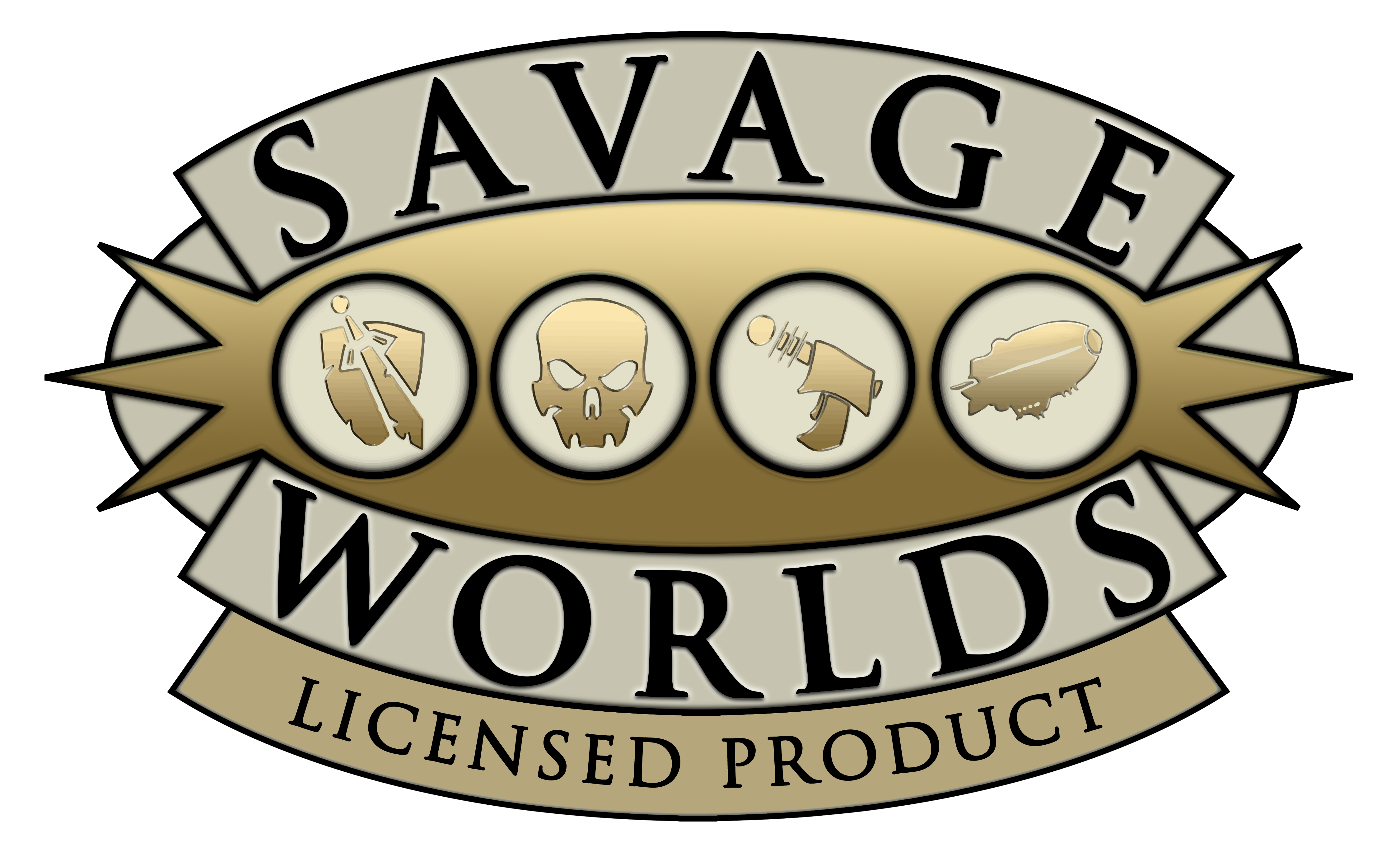In almost every RPG game, in-play talking is a free action. But what about off-play talking?

On this week’s page, the party started discussing their situation and planning ahead their actions. This sort of thing usually warrants one of two reactions:
- Okay, let’s think about this carefully, anyone has an ability they can use now?
- You can’t do this! If your characters are planning something, you have to do that in character, and you don’t have time for that now.
Both reactions are valid, and dependent on the group’s style – which is itself dependent on player motivations. Why are you here? Why have you come to play? If you know the answer to these (not at all obvious) questions, you’re 85% of the way to having a magnificent game. The other 15% is pizza, of course.
Are you here mostly because you enjoy performing within a simulation? Do you like your imaginary constructs to be as well-built as possible, in order to allow you to explore them? Then planning out of character is, well, cheating. It ruins the fun. You want to have an uninterrupted experience with your imaginary avatar, and while OOC chat is generally okay, OOC game discussion is not.
Are you here mostly because you enjoy solving problems? Do you like working together with your friends, to influence the story in your own creative ways? Then planning is itself the fun, and in this instance, your character is a device through which you implement the actions you’ve devised.
In the case of our party, they enjoy planning, so sure, go ahead and do that. However, Nadav will still occasionally employ an approach best summarised as “You can’t talk amongst yourselves now. You! What do you do? Act!”; In action scenes where confusion, doubt, and anxiety are major themes, he’ll want the players to feel uncomfortable, so he’ll deny them the ability to discuss the situation among themselves.
Their current combat scene is all about “the big boss”, coming after a long build up and a final reveal, so it’s almost the opposite of confusion and doubt. The players are expecting to be able to discuss and plan – it’s a reflection of them and their characters being prepared for this, waiting for this to happen.
Today’s post is somewhat inspired by this article on Gnome Stew, about the eight types of fun. It’s an excellent read, but I would have preferred them to use the word “motivation” instead of “fun” (answering the broader question, ‘why are you playing this game?’ instead of the question ‘what is enjoyable to you?’), and would have also added about 10 more. The important thing is to be aware of your own motivations and managing them against those of the other participants and those of the rules.
If you understand Hebrew, I highly recommend this episode of my Hebrew RPG podcast On the Shoulders of Dwarves, which is all about player motivations. In 200 episodes, this may well be our most important one.
If you don’t understand Hebrew, I encourage you to check this out, or Google Translate and skim through this post from Avner Shahar Kashtan’s blog; he’s the guest we invited to the podcast to explain the whole motivations thing. He has done some excellent research.



